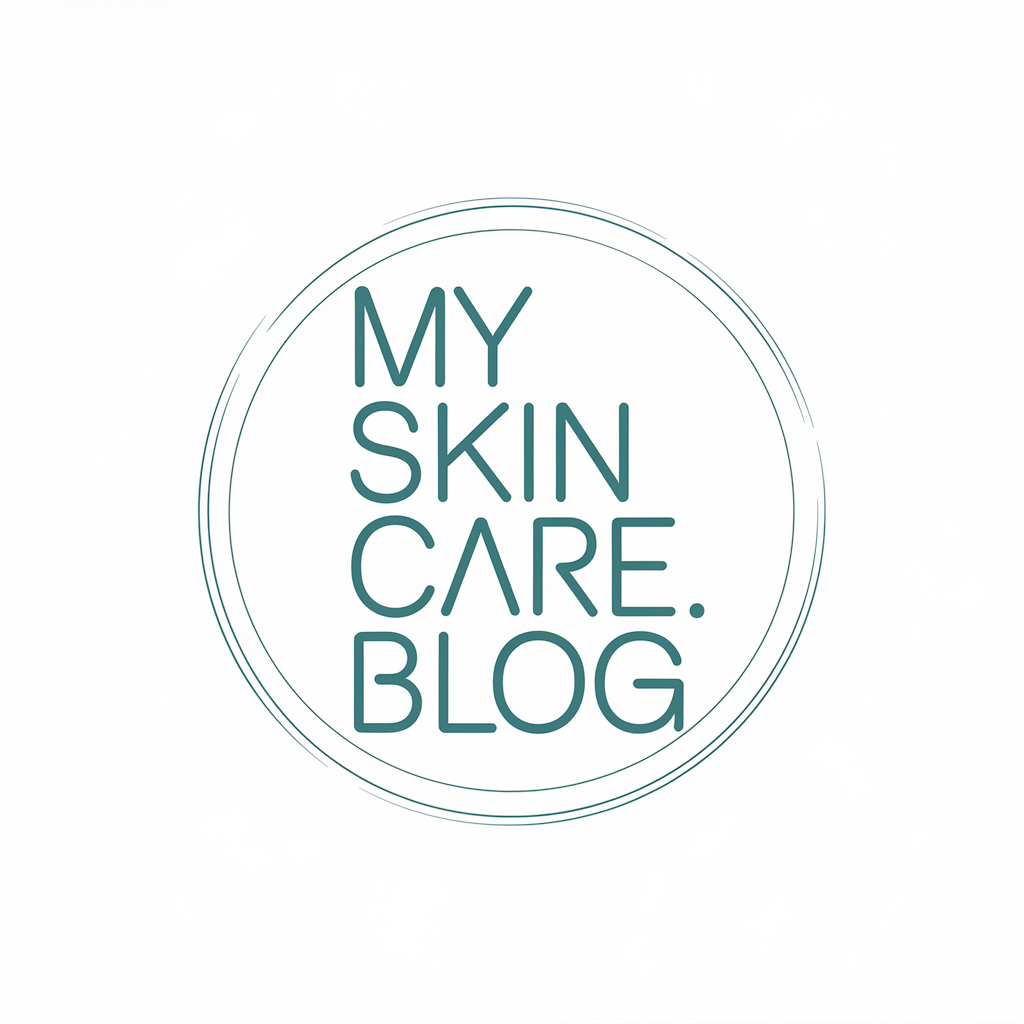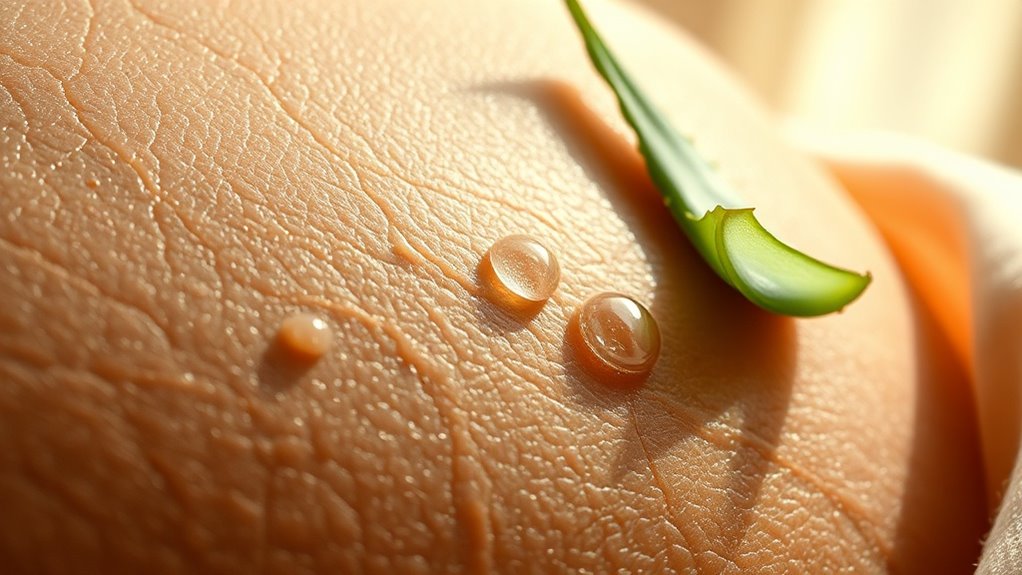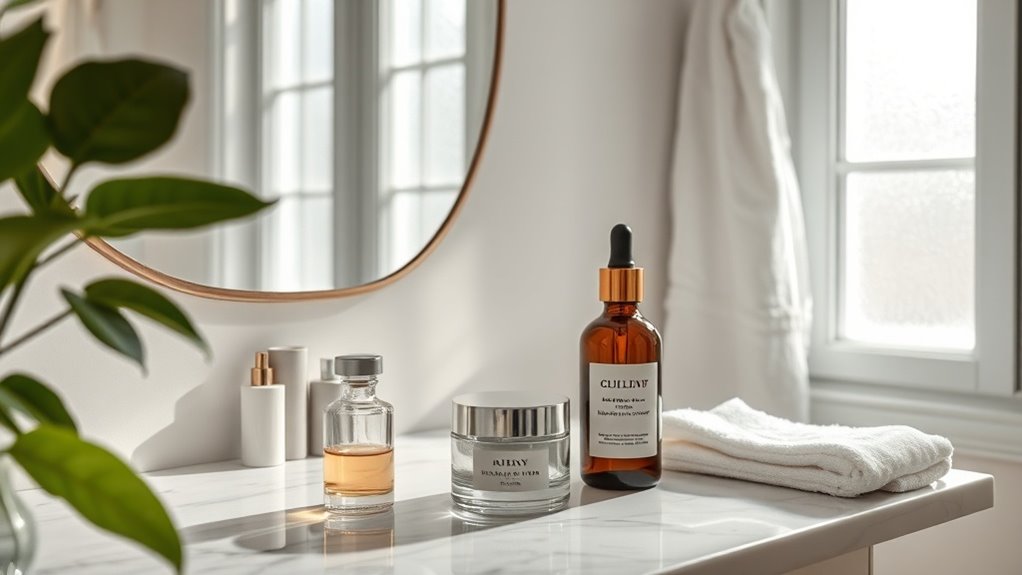The Real Reason You’re Still Getting Acne (It’s Not What You Think)
If you’re struggling with persistent acne, you might believe that sugar and dairy are the primary culprits. However, the reality is more complex. Hormonal imbalances, stress, and even environmental factors could be contributing to your skin issues. Understanding these underlying causes is essential for effective treatment. What if the key to clearer skin lies in areas you’ve overlooked? Let’s explore these factors further to uncover the real reasons behind your breakouts.
Key Takeaways
- Hormonal imbalances, especially involving androgens and stress hormones, can significantly contribute to persistent acne breakouts.
- A diet high in refined carbohydrates and low in essential nutrients can worsen skin inflammation and acne.
- Chronic stress increases cortisol levels, leading to excess oil production and exacerbating existing breakouts.
- Environmental factors like pollution and UV exposure can irritate the skin and trigger new acne flare-ups.
- Gut health is crucial; an unhealthy gut can lead to inflammation and hormonal imbalances that impact skin clarity.
Hormonal Imbalances and Their Impact on Skin
Have you ever wondered how hormonal imbalances can affect your skin? Hormones like androgens can increase oil production, clogging pores and leading to breakouts.
This is one of the primary acne causes linked to hormonal fluctuations.
For instance, during menstrual cycles or due to conditions like polycystic ovary syndrome (PCOS), your body may produce excess testosterone, worsening acne.
Additionally, stress hormones can also exacerbate skin issues. Understanding these hormonal dynamics is vital for addressing persistent acne, as treating the root cause can provide clearer, healthier skin.
Monitoring your hormonal health may be essential in managing your acne effectively. Furthermore, reducing psychological stress can significantly help in regulating hormone levels and improving skin clarity.
The Role of Diet Beyond Sugar and Dairy
While hormonal imbalances play a significant role in acne development, diet also contributes to skin health in ways that extend beyond the commonly discussed culprits of sugar and dairy.
Nutrient deficiencies, particularly in vitamins A, E, and zinc, can impair skin function and exacerbate acne. Additionally, high glycemic index foods can trigger inflammation, further worsening breakouts. Research indicates that certain dietary choices can be directly linked to acne flare-ups, highlighting the importance of mindful eating.
Omega-3 fatty acids, found in fish and flaxseeds, may help reduce inflammation and improve skin health. In contrast, processed foods can introduce unhealthy fats and additives that disrupt skin balance.
Thus, a holistic approach to diet is essential for managing acne effectively.
Stress and Its Connection to Acne Breakouts
How does stress influence acne breakouts?
When you’re stressed, your body produces higher levels of cortisol, a hormone that stimulates sebaceous glands. This increase in oil production can clog pores, leading to acne. Additionally, stress may exacerbate inflammation, making existing breakouts worse. You might also find that stress affects your skin’s healing process, prolonging acne’s presence. Moreover, stress can lead to unhealthy habits, such as poor diet or lack of sleep, further impacting skin health. Recognizing this connection is essential for effective acne management, as reducing stress may help improve your skin’s condition greatly. Incorporating overnight treatments can also provide immediate relief for stress-related skin issues.
Environmental Factors You May Be Ignoring
Stress isn’t the only factor contributing to persistent acne; environmental influences can greatly impact your skin’s health as well.
You might be overlooking these critical factors:
- Pollution: Particulate matter can clog pores and exacerbate inflammation.
- Humidity: High levels can increase oil production, leading to breakouts.
- Sun Exposure: UV rays can damage skin, triggering acne flare-ups and irritation. Additionally, insufficient sun protection can lead to further skin issues, making it crucial to apply sunscreen daily.
The Importance of Gut Health in Skin Clarity
Have you ever considered how your gut health might be influencing your skin? Emerging research shows a strong connection between gut microbiome balance and skin clarity. An unhealthy gut can lead to inflammation, which may trigger acne. Additionally, dietary changes can significantly enhance gut health, further improving your complexion.
| Gut Health Factor | Skin Impact |
|---|---|
| Dysbiosis | Increased inflammation |
| High sugar intake | Hormonal imbalance |
| Low fiber diet | Impaired detoxification |
| Stress | Hormonal fluctuation |
| Dehydration | Dry skin, irritation |





